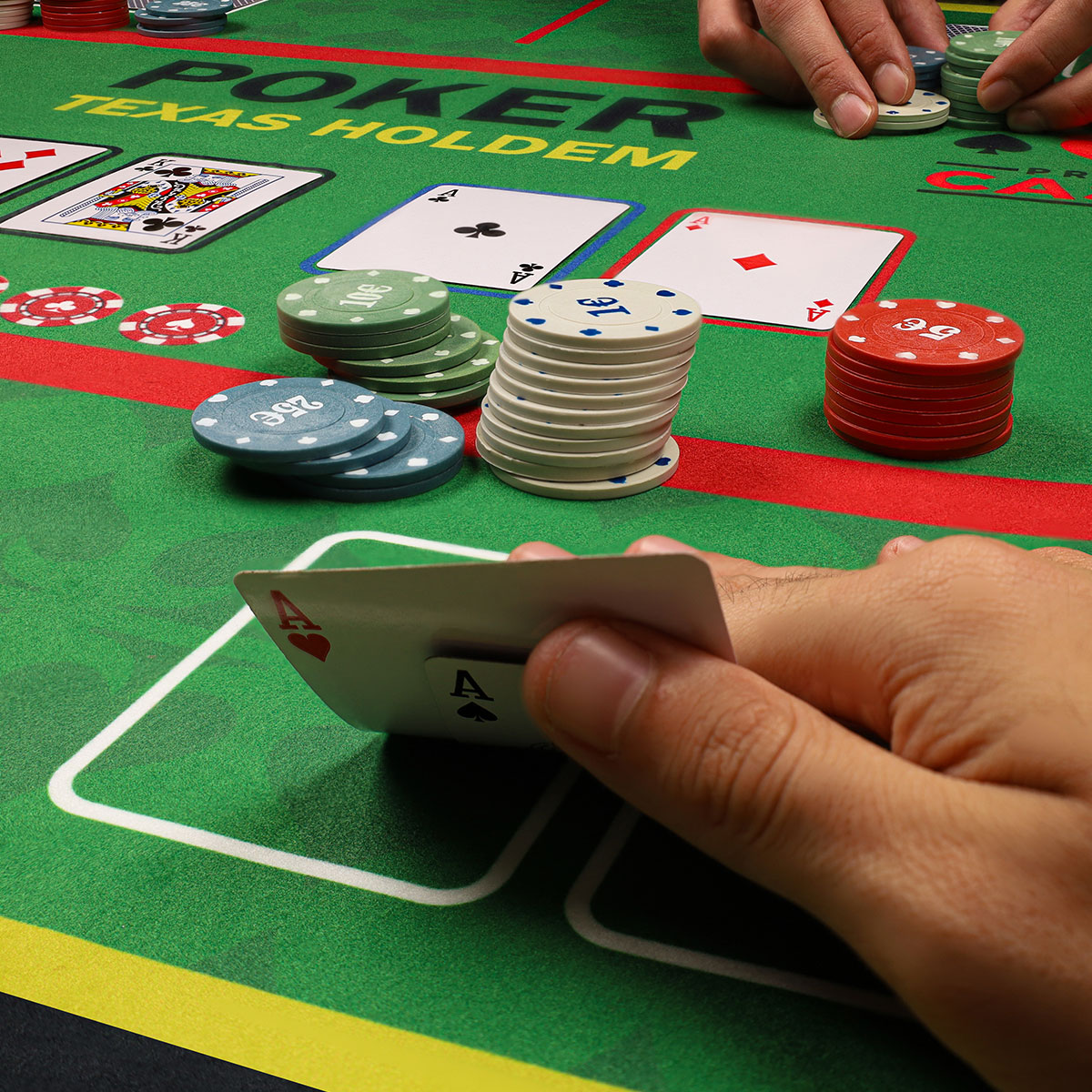
Poker is a game where players form a hand of cards according to their ranking and try to win the pot at the end of each betting round. The rules of poker are simple, but the strategy is complex and requires a high level of concentration. It is often thought that playing poker destroys the mind, but the truth is the opposite. It helps improve a player’s focus and concentration skills, as well as their analytical and mathematical abilities. In addition, it can teach a player how to deal with stress and develop emotional stability.
To win at poker, a player needs to be able to read his opponents and understand how they think. They must be able to read the signs of their opponent’s confidence and weakness in order to exploit them. The game also teaches them how to protect their own chips, even when they have a weak hand. Ultimately, poker can be a highly rewarding and fun game.
To improve your poker game, it is important to practice and watch experienced players. This will help you develop good instincts and avoid making mistakes. It is also helpful to join a poker community where you can learn from other players and gain insights into how the game works. In addition, it is essential to have a solid understanding of probability and how it applies to the game. This will allow you to make better decisions about when to bet and when to fold.

